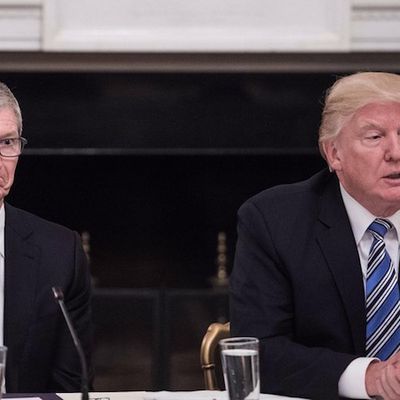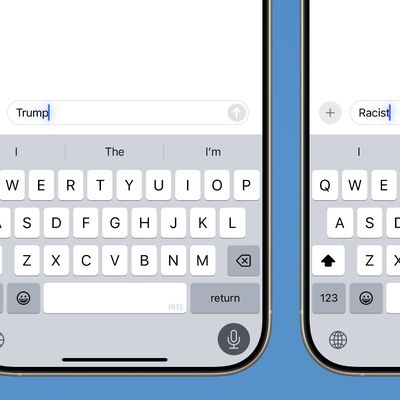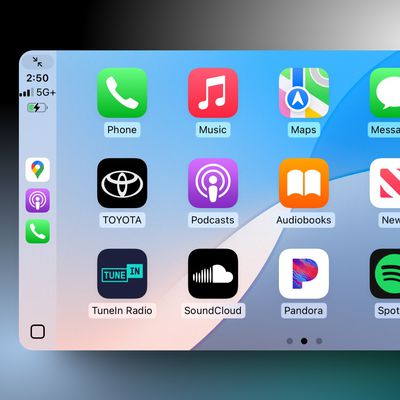Apple's strict adherence to an environment of secrecy and privacy in regards to its software and hardware development has been suggested as a major blow to the company's potential for growth in the field of artificial intelligence. In a new article by Bloomberg, Apple was noted as a non-attendee at the Neural Information Processing Systems conference, an annual confluence of companies including Google and Microsoft where researches get together to discuss the progress and development of AI technologies.

In years past, Apple has attended the conference, but its emissaries were known to keep "a low profile" during the proceedings. In the midst of a mass sharing and celebration of discoveries and findings in the world of AI, many remain unsure of the Cupertino company's continued success in such departments if it remains attached to such strict secrecy rules. “They’re completely out of the loop," said Richard Zemel, a professor in the computer science department at the University of Toronto.
The biggest threat posed to Apple due to this level of secrecy, according to Trevor Darrell, managing director of a machine-learning research center at the University of California at Berkeley, is the barrier to entry it creates for graduate students fresh out of college. The stagnant environment and closed-off atmosphere inhibits the company's employees from interacting with the rest of the scientific community, an issue that most potential hires may not be entirely comfortable with.
“There’s no way they can just observe and not be part of the community and take advantage of what is going on,” says Yoshua Bengio, a professor of computer science at the University of Montreal. “I believe if they don’t change their attitude, they will stay behind.”
“The really strong people don’t want to go into a closed environment where it’s all secret,” Bengio says. “The differentiating factors are, ‘Who are you going to be working with?’ ‘Am I going to stay a part of the scientific community?’ ‘How much freedom will I have?’”
Earlier in the month, Apple acquired two artificial intelligence-related start-ups: VocalIQ and Perceptio. VocalIQ's natural language API hints at a more naturalistic version of Siri in the future, and even possible integration into the rumored Apple car project. Perceptio suggests the possibility of a more expansive and robust AI system for Apple, without the compromise of the company's in-depth privacy policies that pull Siri back from services like Google Now and Microsoft's Cortana.
All the same, Bloomberg's story suggests that despite Apple's enthusiasm to innovate in the artificial intelligence sector, the company could continue to lag behind in certain departments -- Apple Maps, for example -- due to its stances on secrecy and privacy.





















